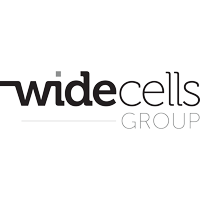Widecells Group PLC CSO Peter Hollands gives his view on new work aimed at using stem cells to create personalised drugs for treatment of mental illnesses:
The article is based on research into the use of stem cells to identify the drugs which individual mental health patients will best respond to.
In this process, researchers use induced pluripotent stem cells (iPSCs), or stem cells that have been created from mature cells collected from the patient. Importantly, following their transformation into stem cells, iPSCs retain all the characteristics of the patient’s cells as a whole – so you’ve instantly got an in vitro model on which you can begin testing drugs for their effectiveness.
This has clear advantages – in particular the article discusses the use of lithium, which remains a common treatment but has horrible side effects. If this iPSC-based method could be used to safely screen alternative drugs, a less toxic alternative might be found for a patient.
Studies of this type represent the initial steps towards the idea of ‘personalised medicine’, i.e. the tweaking of individual drugs for a specific patient’s needs, with maximum efficiacy and minimal side effects. This is still at the conceptual stage, however, studies such as this one bring us closer to at least being able to select the most effective off-the-shelf drug for an individual patient.
Unfortunately, even this is still some way off. The article mentions an estimate of a decade or two until this technique is used clinically. I think that’s reasonable. The main stumbling block currently is that there are only a few labs in the world currently capable of producing iPSCs well.
Until the technology for their production is further refined, we can’t expect to see this type of work being done in the average district hospital.


